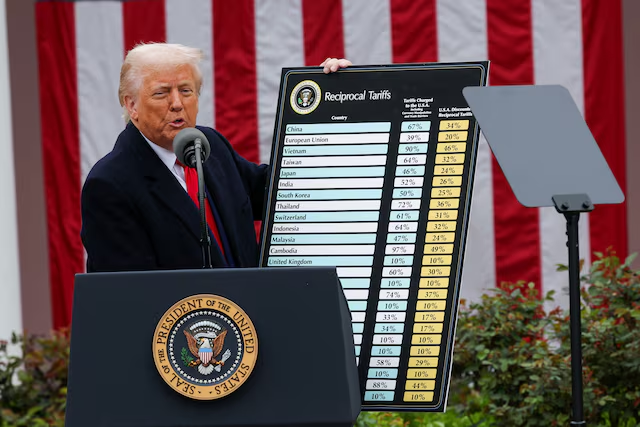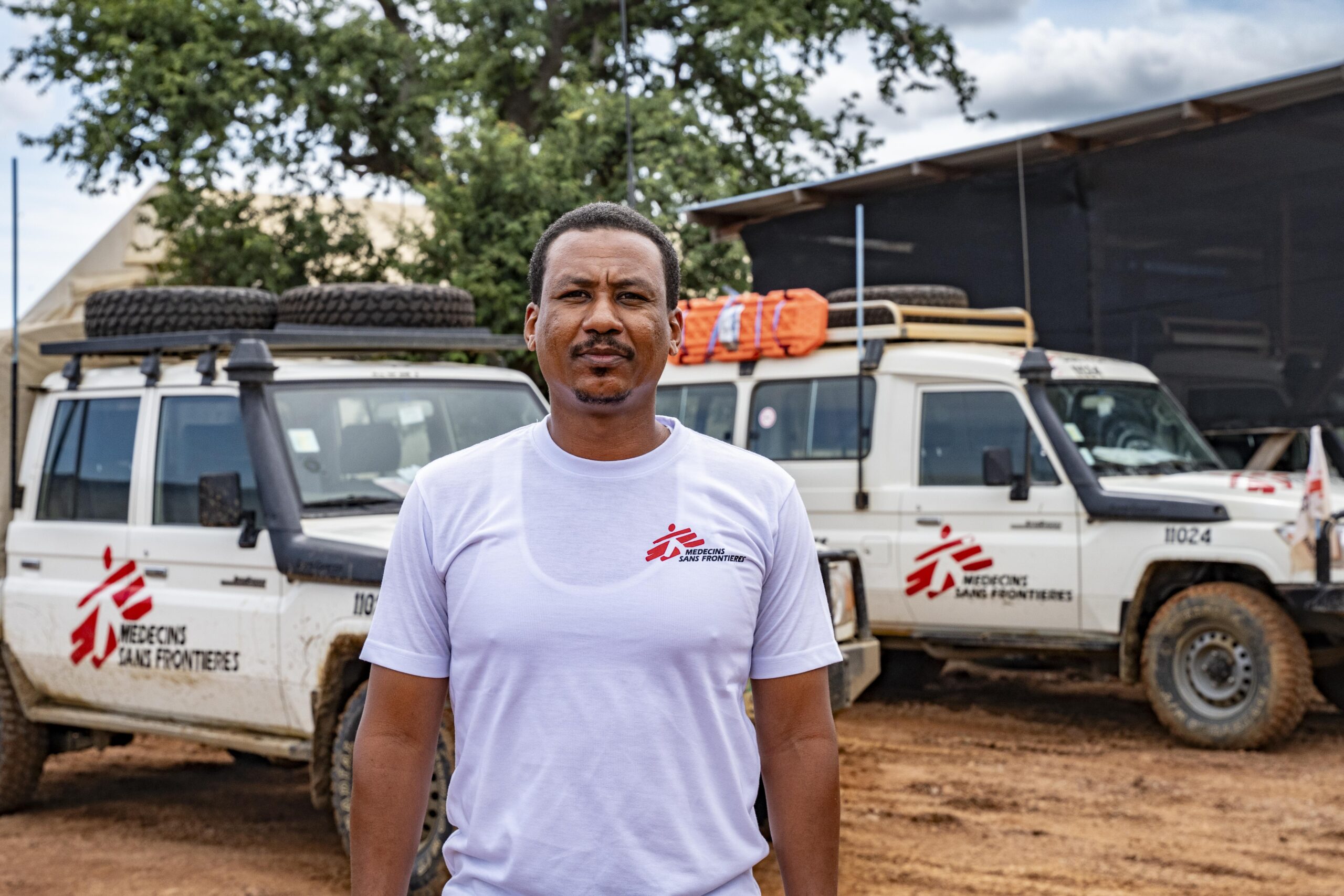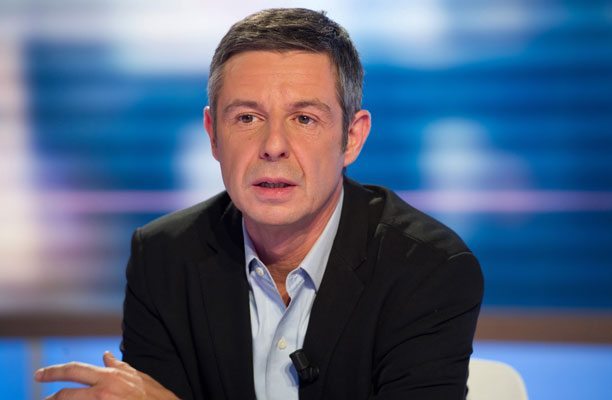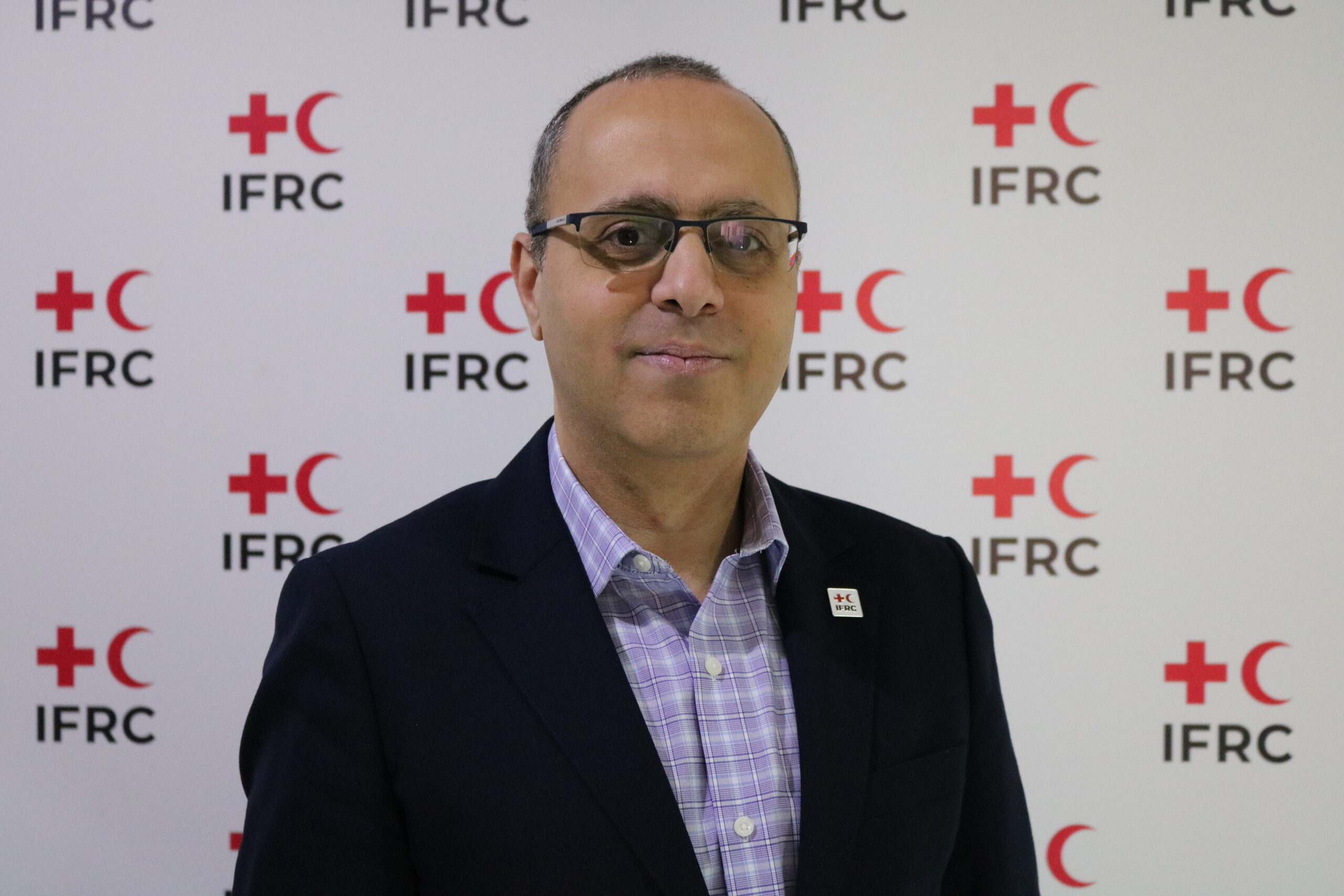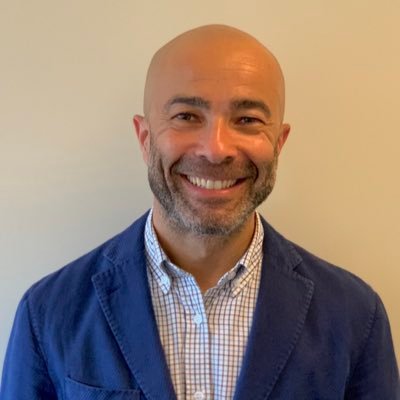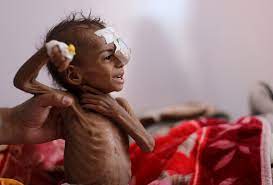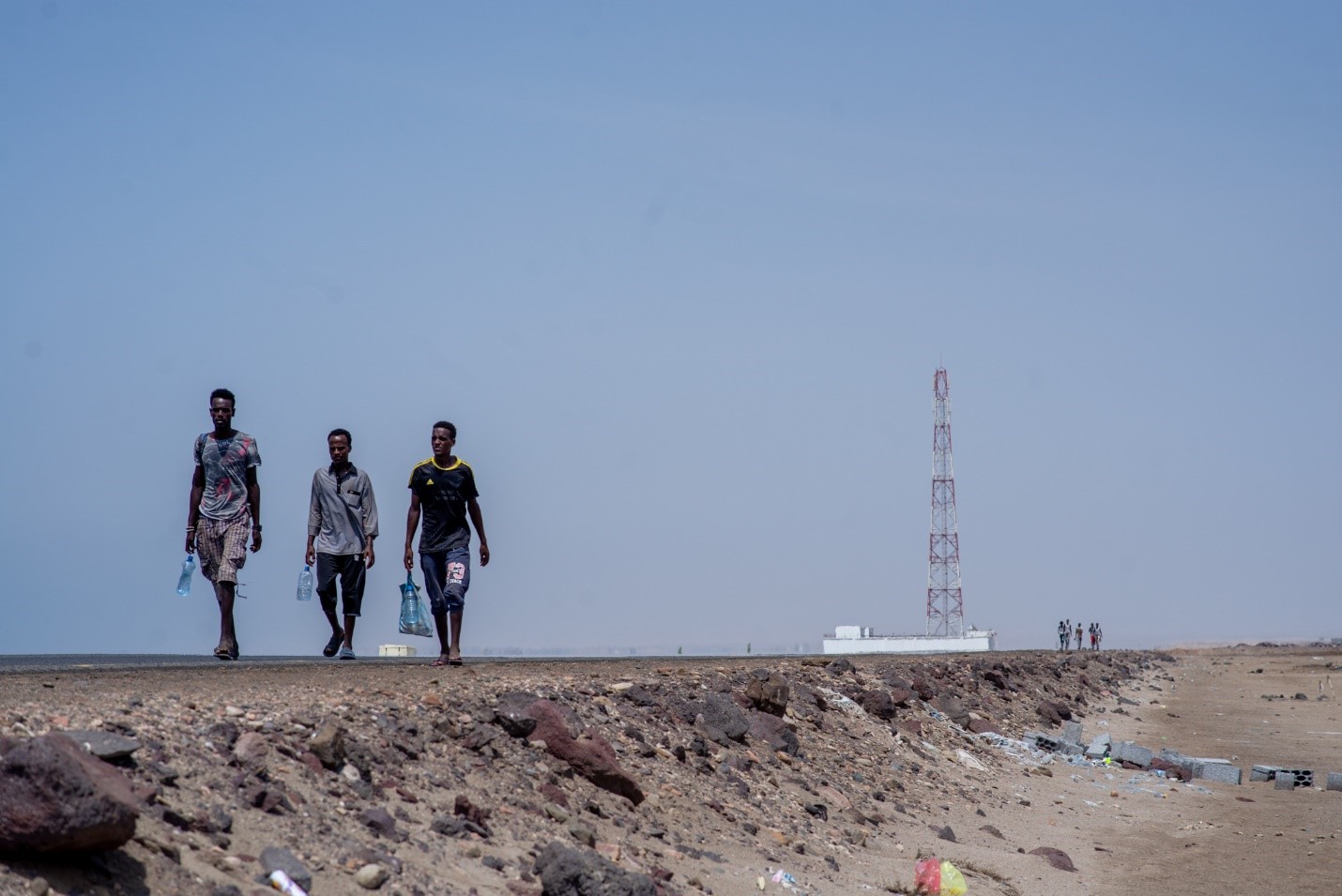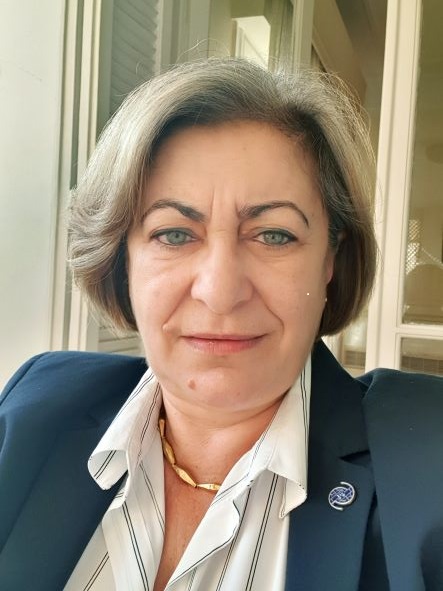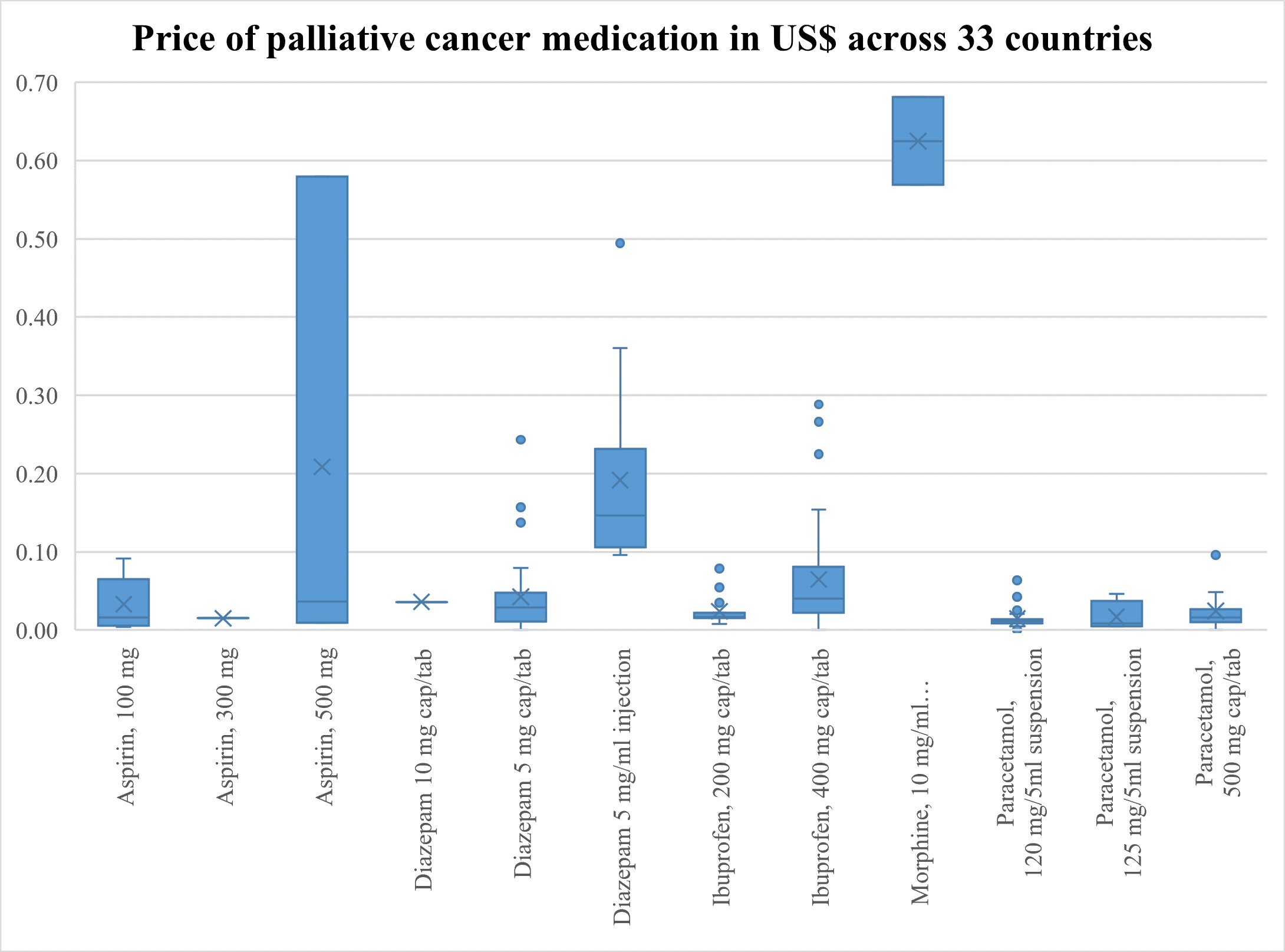Accountability for US torture in Afghanistan not priority for ICC

Triestino Mariniello
On 27 September 2021, the new Prosecutor of the International Criminal Court (ICC or Court), Karim Khan, announced his intent to resume investigation into the Afghanistan situation in relation to the alleged crimes committed by the Taliban and Islamic State-Khorasan. At the same time, he announced a ‘de-prioritisation of war crimes’ allegedly committed by the United States (US) members of the Central Intelligence Agency (CIA) and armed forces, and by members of the former Afghan Armed Forces (funded by the US).
This sudden development sent shivers down the spine of civil society, legal representatives of victims and scholars: why would Khan freeze investigations into alleged war crimes committed by US servicemen and personnel, despite the fact that his Office had already found sufficient evidence to prosecute US nationals for war crimes including torture and cruel treatment, outrages upon personal dignity, rape and other forms of sexual violence?
The ICC’s lengthy and laborious process to piece together what happened in Afghanistan started in 2006. It focused (among others) on the widely documented use by the US authorities of interrogation techniques that amount to torture, including sexual violence, severe isolation, suffocation by water or waterboarding, hooding under special conditions, threats of torture, and the use of dogs to induce fear, imposition of stress positions, isolation and sensory deprivation, exposure to extreme temperatures, sensory overstimulation, prolonged sleep deprivation, food deprivation, and deliberately placing detainees in cramped conditions.
There is ample evidence that the US ‘war on terror’ that intensified after 9/11 adopted extensive torture programs. Unlawful interrogation techniques did not result from the isolated conduct of a few ‘bad apples’; instead, they were designed, reviewed and implemented as part of a policy signed off by the US military establishment, the CIA, and other branches of the US Government. The Republican establishment has made no secret of this. One of the main architects of the controversial ‘war on terror’, former US Vice-President Dick Cheney, has publicly defended the Bush´s administration approval of the use of torture in that context. Similarly, in a televised interview, former US president Donald Trump has eagerly stated his belief that torture is an effective interrogation technique.
Granting impunity for the institutionalized use of torture and other serious crimes committed during the military aggression on Iraq and Afghanistan has been a shared policy of different US administrations. As part of the detention and interrogation programs, the CIA set up prisons (black-sites) in other countries, where detainees were systematically tortured for the purpose of extracting information. The same black-sites for the CIA’s rendition program of enforced disappearance, arbitrary detention and torture were established to avoid any scrutiny and accountability. The former ICC Prosecutor had found that at least four black-sites were situated on Afghan territory, while a number of other secret detention sites were located in other countries, including Lithuania, Poland and Romania.
As soon as the ICC was established, the US adopted the American Service-Members’ Protection Act in an attempt to shield US personnel from international prosecution, as well as several bilateral agreements to pressurise other states into not cooperating with the Court. Following in the footsteps of the Trump administration, current US President Joe Biden has recently asked the US Supreme Court information about torture in the CIA black-sites secret.
Khan´s decision to scale down the ICC probe into alleged war crimes committed by US nationals ‘marks a clear departure’ from his predecessor´s strategy aimed to ascertain responsibility of all parties involved in the Afghanistan conflict.
It seems highly likely that the OTP ‘de-prioritisation’ will lead to impunity for perpetrators given the general unwillingness of US domestic courts to hold those responsible for serious international law violations to account.
Civil society and legal representatives of victims have criticized this redefinition of the investigation in the strongest terms: this decision carries the discriminatory effect of denying justice to certain victims of alleged crimes. As such, they have urged the Prosecutor to reconsider his approach in order to ensure that accountability is pursued without further delay.
Khan´s decision to ´hibernate´ the investigation into the US nationals´ alleged crimes might be interpreted as the result of a pragmatic strategy that aims at normalising the Court´s relationship with the US. This ´de-prioritisation´ reflects the views of some commentators (mainly US based) as Whiting that had explicitly argued that the Court should avoid opening up investigations against powerful actors.
The rhetoric of ‘convenient pragmatism’ guiding the Prosecutor’s decisions resurfaces each time the Court is called to deal with powerful states or their allies, and it is generally used to hide the ICC´s surrender to the strong political pressures of powerful states. However, the arguments on the necessity of a pragmatic Prosecutor rely on the unproven axiom that the Court may chart its successful path in the long term only avoiding those investigations that find the opposition of powerful states.
Other experts, including Guilfoyle, have justified the ‘pragmatic’ decision to redefine the Afghanistan investigation by placing emphasis on the fact that “international criminal justice is always and can only be selective”. It is beyond doubt that the enforcement of international criminal law will always be selective. Hence, it is not surprising that international criminal tribunals investigate only a few emblematic situations of international criminality. However, selectivity becomes problematic for the legitimacy of international criminal tribunals, when “international prosecutions are instituted mainly against citizens of states that are weak actors in the international arena or fail to enjoy the support of powerful nations”.
As put by Vasiliev, “Afghanistan is exactly the kind of situation for which the ICC was created; it was the Court’s legitimacy test”. Therefore, those who justify the de-prioritisation as a pragmatic decision ignore or underestimate the impact of the exclusion of US nationals’ from the investigation on the already weak credibility and legitimacy of an institution that, while it claims universal aspirations, continues to discriminate among human rights abusers on the basis of their citizenship.
Indeed, the Prosecutor’s reluctance to investigate some of the most documented international violations in Afghanistan continues to feed perceptions of the Court as a paradigm of a ‘justice of the powerful’. Thus far, the Court has failed to render anyone accountable in specific situations that represent some of the most documented perpetration of international crimes, such as the Israeli-Palestinian setting since the Gaza war 2008/2009, the situation in Iraq since the 2003 invasion and the war in Afghanistan. In this context, there is no pragmatism or realpolitik argument that may justify a vilification of the Court’s raison d’etre.
The Prosecutor’s arguments for the de-prioritisation such as the ‘limited resources’ and the ‘gravity, scale and continuing nature’ of the alleged crimes by the Taliban and the Islamic State, do nothing to reduce the impact of his decision on the Court’s image as an impartial and independent institution. The Prosecutor’s reasons to narrow down the investigation seem little more than a fig leaf to hide the political nature that drove the Prosecutor ‘not to disturb’ a country that has not only publicly threatened the Court, but has also imposed severe economic sanctions and visa restrictions against the former Prosecutor and senior staff from her Office.
Apparently, the Office of the Prosecutor issued this important decision without even informing the Legal Representatives of victims who had played an important role in the Afghanistan proceedings before the Court.
Moreover, the clarification that in relation to the deprioritised aspects of the investigation, his “Office will remain alive to its evidence preservation responsibilities…and promote accountability…” appears as an empty statement: the most likely effects of the de-prioritisation will be that alleged crimes committed by US forces slip slowly and quietly into oblivion.
What some might interpret as the Prosecutor’s unconditional surrender to the pressures of a powerful state constitutes another missed opportunity for the Court to enhance its staggeringly low credibility ratings. It also offers silent acquiescence, which over time may be seen as international legitimacy, to the US institutionalized practice of torture. As a reward to an uncooperative country, the ´de-prioritisation´ has very high legitimacy costs for the Court and sends the dangerous message that the most powerful human rights abusers can ultimately avoid any investigation and prosecution.
It is almost certain that the curtain has fallen on the international accountability for US torture programs within the context of the Afghanistan armed conflict. However, the Court can still show its ability to withstands political pressures and interference with its work, by prosecuting alleging war crimes in the Israeli-Palestinian setting. This could be the final test bench for the legitimacy and credibility of this institution.
Triestino Mariniello is a Reader in Law at Liverpool John Moores University.


